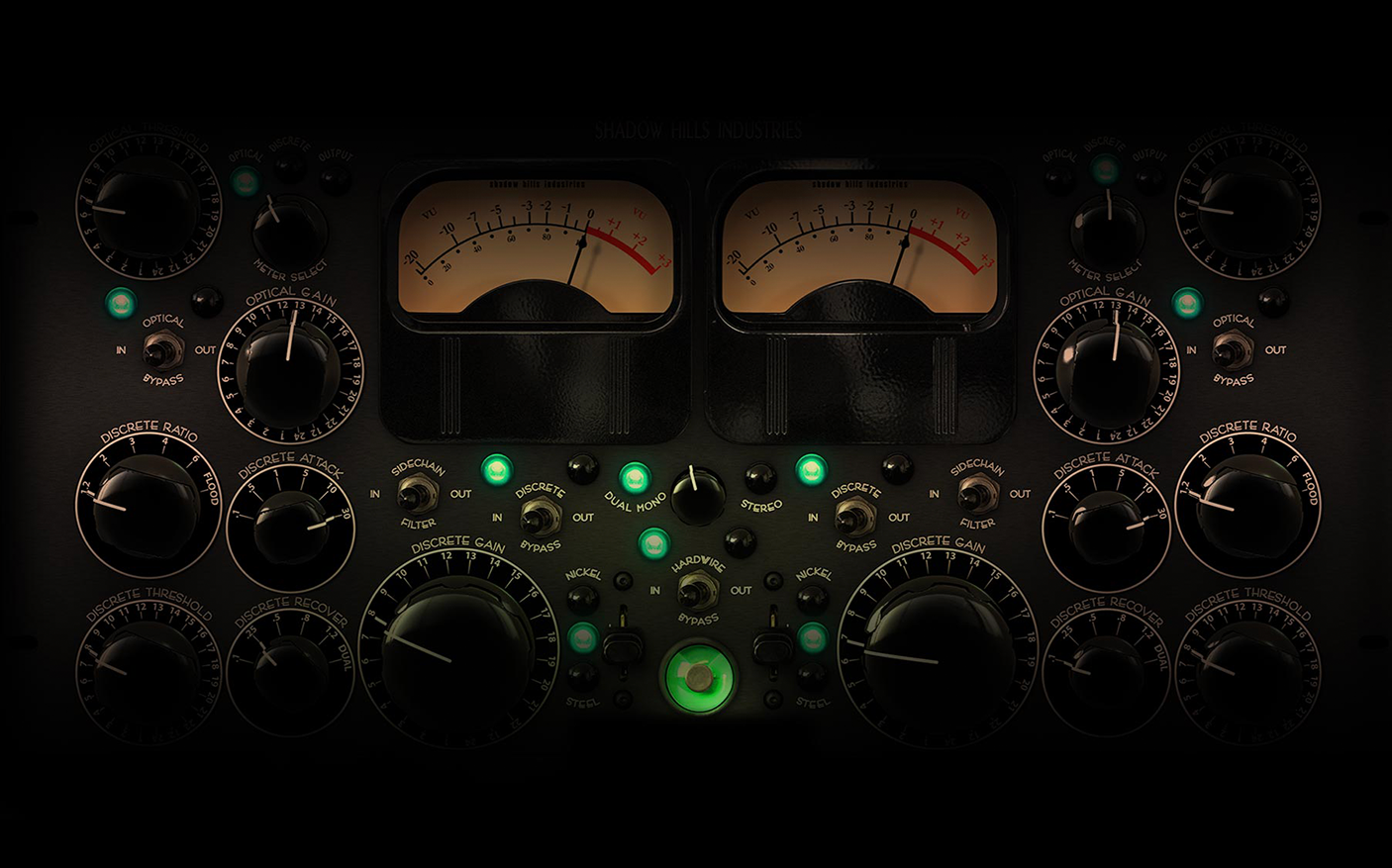Digital mastering in the most simplest of terms refers to the mastering of music using digital plugins. This kind of mastering is somewhat seen as a lower quality form of mastering compared to analogue mastering. Digital mastering never really gets the best mastering that is possible of a song, but it still has it’s place in the mastering industry for a few reason. If you were to ask me as a mastering engineer of 17 years I would always recommend analogue mastering.
At Audio Animals we have carefully selected the plugins we use and rarely use anything but plugin emulations. The reason for this is whilst digital mastering doesn’t sound as good as analogue mastering, using digital emulations of analogue hardware achieves as close to the real deal analogue mastering as is possible.
Don’t mistake digital mastering for instant mastering. These are two very different things. Instant mastering takes no care and attention to the changing dynamics of a song and will not correctly listen to a song and make the correct dissensions how it should be mastered. Digital mastering is performed by a human. Having a human ear on your music allows the engineer to adjust the mastering chain accordingly to your song. Every song is different and must be approached in the correct manner.
Another common assumption of digital mastering is that digitally produced songs can only be digitally mastered. This is not the case, 90% of analogue masters performed here at Audio Animals are produced 100% digitally. Digitally produced music massively benefits in many ways from analogue mastering. Digitally produced music when digitally mastered can lack a lot of fullness and never really achieve that warm rounded sound so many producers long for. Taking a digital track out of the box and into the analogue domain achieves a far louder whilst more dynamic master.

